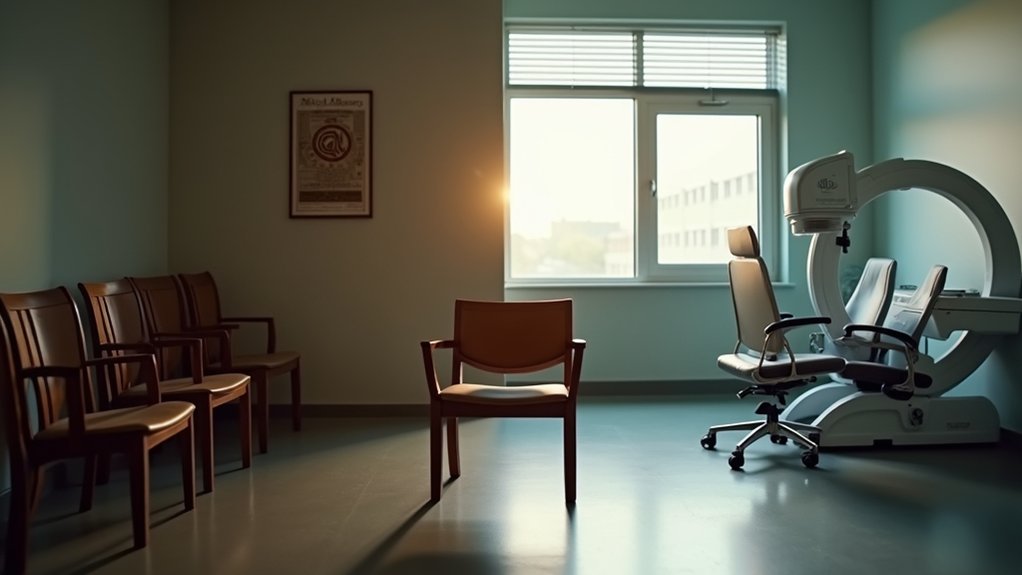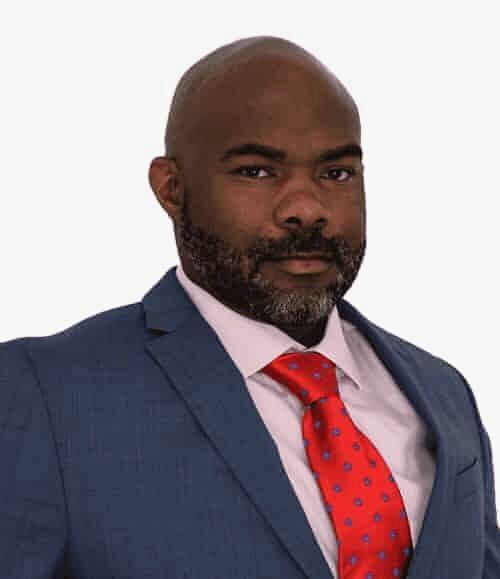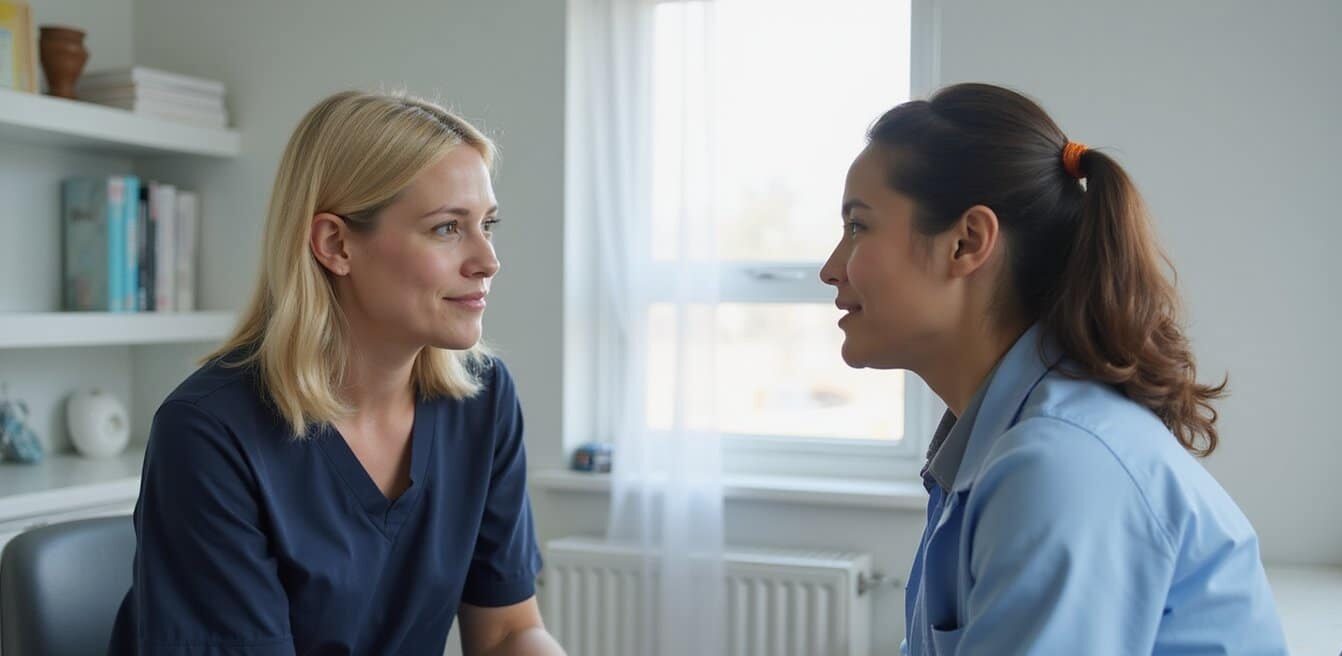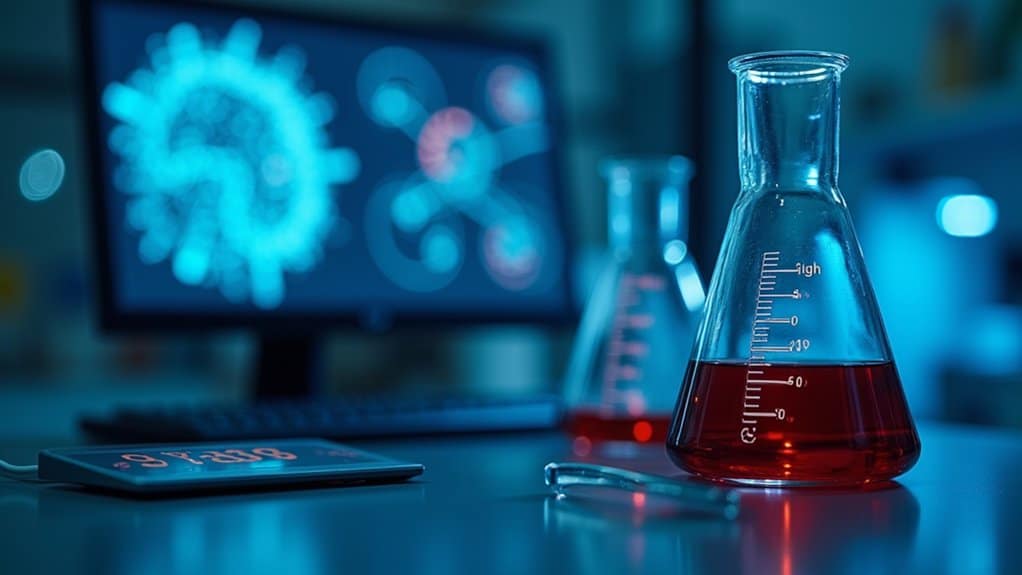Today’s addiction treatment models combine evidence-based approaches to meet your unique needs. You’ll find traditional therapies working alongside modern solutions like digital support apps, medication-assisted treatments, and holistic practices such as meditation and nutrition counseling. Healthcare providers now emphasize personalized recovery paths that respect your goals and cultural background, while technology offers 24/7 access to resources and support. Understanding these diverse treatment options will help you make informed decisions about your recovery journey.
Current Landscape of Evidence-Based Treatment Approaches

While addiction treatment has historically centered on abstinence-only approaches, today’s evidence-based landscape offers a more nuanced and individualized spectrum of care. Evidence synthesis shows that combining medication-assisted treatments like GLP-1 agonists and naltrexone with behavioral therapies greatly improves treatment efficacy. This includes emerging AI counseling tools that provide 24/7 support through virtual motivational interviewing. Treatment programs now emphasize personalized recovery paths based on each patient’s unique goals and circumstances. The shift toward cultural humility in care delivery ensures treatments respect diverse backgrounds and experiences.
You’ll find that modern treatment models embrace both harm reduction and abstinence goals, recognizing that recovery isn’t one-size-fits-all. Innovative approaches now include neuromodulation techniques like TMS, virtual reality therapy, and mindfulness practices. These interventions work alongside traditional methods to address addiction’s complex biological and behavioral components. The field’s evolution also reflects growing acceptance of medication-assisted treatments, with reduced stigma enabling broader access to pharmacological support for conditions ranging from alcohol to opioid use disorders.
The Rise of Technology-Enhanced Recovery Programs
You’ll find today’s addiction treatment landscape increasingly shaped by digital therapeutics that deliver evidence-based interventions through smartphones, tablets, and computers. Technology-enhanced recovery programs now offer you 24/7 access to treatment resources, personalized support, and real-time monitoring through wearable devices and virtual platforms. These digital solutions create robust virtual support networks that connect you with peer groups, counselors, and recovery communities, regardless of your location or schedule constraints. Virtual telemedicine sessions provide convenient treatment options while reducing the stigma traditionally associated with seeking help. Popular apps like Sober Grid help individuals maintain daily accountability and track their recovery milestones. Research shows that web-based psychosocial interventions achieve drug abstinence rates comparable to traditional therapy while maintaining lower ongoing maintenance costs.
Digital Therapeutics Transform Care
As digital therapeutics revolutionize addiction treatment, FDA-authorized platforms like reSET and reSET-O are delivering impressive clinical outcomes through technology-enhanced recovery programs. You’ll find these platforms offer structured, 12-week programs featuring 61 interactive sessions that combine digital engagement with clinician support. Patients demonstrate 74% retention during the final month of treatment.
The results are encouraging: you’re looking at 77.3% abstinence rates with reSET-O for opioid use disorder when combined with buprenorphine. Research shows patients using digital therapeutics have lower dropout risk during treatment compared to standard care alone. Long-term studies still show limited evidence on durability of benefits after program completion. Digital therapeutic efficacy extends across multiple substances, including alcohol, stimulants, and cannabis. You’ll benefit from community reinforcement approaches and contingency management, with rewards for completing lessons and maintaining sobriety.
While real-world completion rates hover around 52%, you’re still more likely to stay in treatment compared to traditional outpatient programs, making digital therapeutics a promising addition to your recovery journey.
Virtual Support Networks Expand
Technology-driven support networks have transformed addiction recovery by creating accessible, personalized solutions that meet you wherever you’re at in your journey. Through virtual support platforms and technology integration, you’ll find thorough care that adapts to your specific needs. By 2025, virtual recovery platforms will become increasingly vital in delivering comprehensive addiction treatment services. With less than 10% receiving treatment, expanding digital access is crucial for reaching those who need help most. The rise of digital healthcare appointments has made rehabilitation more accessible, with one-third of all treatments now conducted online.
| Feature | Benefit |
|---|---|
| Real-time Monitoring | Instant alerts and intervention during high-risk moments |
| Virtual Groups | Connect globally with peers and sponsors 24/7 |
| AI-Driven Support | Personalized treatment plans based on your patterns |
| Telehealth Access | Professional care from home, removing barriers |
These digital tools work seamlessly with traditional treatment methods, offering you privacy, convenience, and continuous support. Whether you’re using specialized apps, participating in VR therapy sessions, or connecting through WhatsApp support groups, you’ll have a robust network of resources at your fingertips.
Traditional vs. Modern Treatment Methods

While addiction treatment has evolved considerably over the decades, both traditional and modern approaches offer valuable pathways to recovery. Traditional therapies like medical detox and CBT provide proven frameworks for addressing substance dependence, while modern approaches incorporate holistic elements that target your overall wellbeing. Certified professionals remain essential for delivering effective treatment outcomes in both approaches. CBT shows significant benefits with moderate effect sizes in treating various substance use disorders. Many facilities now offer integrated programs that blend traditional and holistic methods for comprehensive care.
You’ll find these key differences between the approaches:
- Traditional methods focus on structured, clinical interventions with clear protocols, whereas modern treatments emphasize personalization and flexibility
- Modern approaches integrate mind-body practices like meditation and nutrition, expanding beyond the psychological focus of traditional therapies
- While traditional programs often separate treatment components, modern methods tend to weave multiple modalities together for a more all-encompassing healing experience
Both approaches can work together effectively, giving you more options to build a recovery plan that fits your unique needs.
Pharmacological Breakthroughs in Addiction Medicine
Modern medication-assisted treatment (MAT) has evolved considerably from its early days, offering you more effective options for managing substance use disorders through evidence-based pharmacological interventions. You’ll find that breakthrough medications like GLP-1 receptor agonists are showing remarkable promise in addressing not just weight management but also substance cravings by targeting reward pathways in the brain. Treatment outcomes have improved significantly through personalized genetic testing to determine the most effective medications for each individual. If you’re considering treatment options, it’s encouraging to know that these newer medications are part of a broader transformation in addiction medicine that combines pharmacological innovation with personalized care approaches.
MAT Evolution and Impact
Through decades of scientific advancement and clinical innovation, Medication-Assisted Treatment (MAT) has evolved from a controversial intervention to a gold-standard approach in addiction medicine. You’ll notice the terminology has shifted from MAT to MOUD (Medication for Opioid Use Disorder), reflecting a deeper understanding that medication isn’t just an assistance tool, it’s a central component of treatment.
The effectiveness of this approach is clear in three key areas:
- Normalized brain chemistry leading to increased survival rates and reduced overdose deaths
- Higher treatment retention compared to behavioral-only approaches, with improved employment stability
- Significant public health benefits, including reduced drug-seeking crime and decreased transmission of infectious diseases
Today’s evidence-based protocols demonstrate that treating addiction as a medical condition, rather than a moral failing, saves lives and supports long-term recovery.
GLP1 Medications Show Promise
Scientific breakthroughs in GLP1 medications have opened promising new frontiers in addiction treatment. You’ll find these medications work by targeting brain reward pathways and stress responses, offering new hope for managing substance use disorders and behavioral addictions.
Research shows impressive results: GLP1 medications have reduced opioid cravings by 40% and lowered alcohol-related hospitalizations by 36%. They’re outperforming traditional treatments like naltrexone, while also offering neurocognitive benefits that may reduce dementia risk by 10-20%. You’ll appreciate that these medications can complement your existing therapy and counseling sessions.
While GLP1 medications aren’t yet FDA-approved for addiction management, they’re showing remarkable potential. Your healthcare provider can discuss if you’re a candidate, considering factors like cost, side effects, and your individual treatment needs.
Integrating Holistic Care With Clinical Practice

While traditional addiction treatment has long focused on clinical interventions, today’s most effective programs seamlessly blend evidence-based therapies with holistic healing approaches. This holistic integration creates powerful clinical synergy, addressing both the physical and emotional aspects of recovery through personalized care plans.
You’ll find extensive support through:
- Mind-body practices like yoga, meditation, and breathwork that provide real-time stress management
- Creative therapies including art, music, and equine sessions that facilitate emotional processing
- Nutritional counseling and physical wellness activities that strengthen your body’s natural healing
These combined approaches enhance your recovery journey by treating the whole person, not just the addiction. Whether you’re in PHP, IOP, or day programs, you’ll receive evidence-based clinical care alongside holistic practices that support sustainable, long-term healing.
Digital Solutions Transforming Treatment Accessibility
Modern technology has revolutionized addiction treatment by breaking down traditional barriers to care and creating unprecedented access to recovery resources. Through digital engagement platforms and remote assessments, you’ll find treatment options that fit your lifestyle and needs. Virtual therapy sessions, exposure training in safe digital environments, and real-time monitoring have transformed how recovery support is delivered.
| Digital Solution | Key Benefit | Implementation |
|---|---|---|
| Remote Therapy | Eliminates travel barriers | Video sessions & apps |
| Virtual Support | 24/7 crisis assistance | AI-powered chatbots |
| Digital Monitoring | Early intervention | Wearable devices |
| Exposure Training | Safe environment practice | VR/AR platforms |
| Telehealth Groups | Community connection | Online meeting rooms |
These innovations make treatment more accessible, allowing you to maintain privacy while receiving professional care from the comfort of your home.
Measuring Success Across Different Treatment Models
Determining success in addiction treatment requires a multifaceted approach that goes beyond simple sobriety metrics. When you’re evaluating treatment outcomes, you’ll need to take into account multiple dimensions that reflect genuine progress in recovery.
- Clinical improvements, including reduced symptoms and enhanced mental health, which you can track through standardized assessments and well-being metrics
- Engagement patterns, measured through program retention and consistent participation in therapy sessions, which directly correlate with better success metrics
- Social and behavioral changes, such as improved family relationships, employment stability, and the development of strong relapse prevention skills
Your journey through recovery isn’t just about abstinence it’s about building a sustainable foundation for long-term wellness. Success metrics should reflect your progress across physical health, emotional stability, and social reintegration, creating a thorough picture of your recovery journey.
Frequently Asked Questions
How Long Does It Typically Take to Overcome Addiction Completely?
Your recovery timeline is highly individual, as multiple duration factors influence how long it’ll take to overcome addiction. While some people show improvement within 3-9 months, complete recovery is often a longer journey. You should know that about 75% of people eventually recover, though the path isn’t linear. Your specific timeline depends on factors like substance type, support systems, and treatment approach. Remember, recovery is a process, not a race.
What Happens if Insurance Doesn’t Cover the Preferred Treatment Option?
If your insurance won’t cover your preferred treatment, you’ll need to explore alternative funding options to manage out-of-pocket expenses. Consider working with treatment centers that offer sliding scale fees based on your income, or check if you qualify for state/federal grants. You can also look into payment plans, healthcare loans, or crowdfunding platforms. Many facilities have financial counselors who can help you navigate options and find affordable solutions for your recovery journey.
Can Family Members Participate in the Treatment Process?
Yes, you can definitely involve your family in the treatment process, and it’s often highly encouraged. Family therapy sessions can help improve communication, rebuild trust, and develop healthier relationship dynamics. You’ll find that many treatment centers offer structured family programs, and your loved ones can also join support groups like Al-Anon or Nar-Anon. These resources help your family understand addiction better while learning effective ways to support your recovery journey.
Are There Age Restrictions for Different Types of Addiction Treatments?
Yes, you’ll find that age eligibility varies across different treatment approaches. Most evidence-based medical treatments, like MAT and inpatient programs, are designed for adults 18+. While teens can access some services with guardian consent, including counseling and holistic therapies, certain treatments like detox programs strictly serve adults due to medical risks. Don’t worry though there are specialized programs available for every age group, ensuring you’ll get appropriate care.
How Often Do People Need to Return for Follow-Up Treatment?
After completing your initial treatment, you’ll typically need follow-up appointments at 3-month and 9-month intervals through structured aftercare programs. Since relapse prevention is vital (with 40-75% of patients relapsing within 3-6 months), you’ll benefit from consistent monitoring and support. While each person’s journey is unique, staying connected to these follow-up services is essential studies show that 90% of patients complete their 3-month evaluations, and 78% reach their 9-month check-ins.




